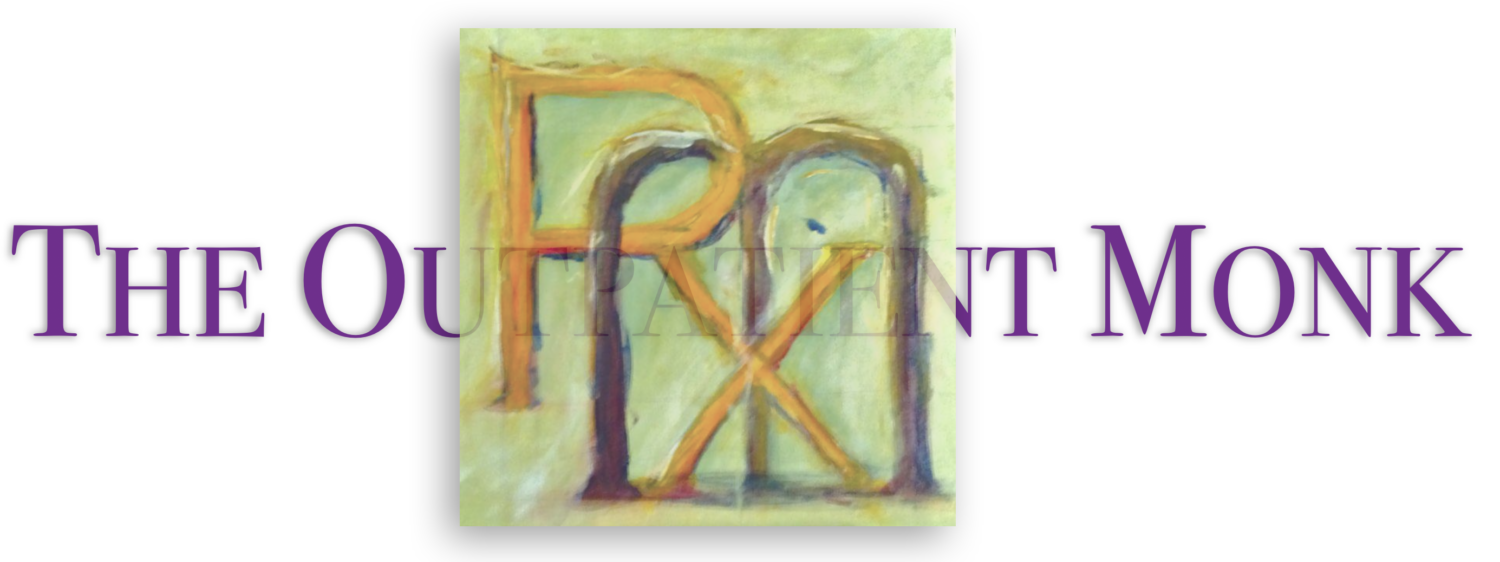Last updated on August 30, 2012

What good are bumper stickers? So far in my life I have never seen anyone pull the car over and say to the passenger, “You know what? You CAN’T hug the world with nuclear arms, can you?” or, “I just visualized world peace and it was awesome.”
They are not really arguments, let alone compelling ones. Bumper stickers don’t really change people’s lives. Nevertheless it is nearly impossible to go anywhere for a short drive in just about any town and not see the simple black “W,” a Shepherd Fairey, “Hope” illustration of Obama, a name followed by a “2012,” or a pithy statement about how just such-and-such a position makes the most obvious moral sense or that ridicules the opposition. So I’ve been wondering, if these little traveling slogans don’t really change things, why do they keep showing up everywhere, and more importantly, what are they really trying to tell me?
I realized once while driving through a small town that I had not seen a single dissenting bumper sticker on any vehicle I passed. Here, in a little community with apparently very little diversity in the political opinion, I was still seeing an enormous amount of bumper stickers all reminding me of the social inclination of this little area.

I couldn’t help but wonder why we waste our money buying these things? Whose minds were the fairly homogenous group of people trying to change? That is when I think I got it. No one was really trying to change anyone’s mind. The community was merely announcing to all passers-by and to each other who it was and who it wanted to be. More importantly perhaps, each bumper was announcing that this particular driver or family belonged to that community.
A hefty amount of our badges and micro-campaigning are just means for us to announce and reinforce our identities in a contentious moment of history. “Here I stand,” we say, “These things are crucially important to me.” And as I drive around with my car-badge I know that, even if I do nothing more political than let the world know what camp I am in, I have the right convictions. For a moment it felt precisely to me like sports paraphernalia. I have a team, I told you I have a team, and now we cheer and/or battle as game time approaches.
Perhaps, like me, you are not one to slap a slogan on the back of your car. Even so, what this little American practice has made clear is that the culture wars are not just about convictions and ideas but about teams, and therefore, about identities. Nothing shores up a sense of identity as a common enemy. It is that sense of identity that is so often really what we need from the social conflicts.
Bumper stickers don’t make arguments, they make identities, teams, …enemies.

Like choosing sports teams it makes me feel as if I belong to a community marked by dedication. “Hook ’em Horns!” means that I am from Texas and specifically UT Austin and I bleed orange. Ta-da! When this is the case, the greatest virtue seems not to be seeking a common good, but simply sticking to one’s guns. It is why there is a secret respect for Red Sox fans.
Wether My side wins or loses, we cannot celebrate any good outcomes as much as we invest our energy in being vindicated because we did not waiver.
The greatest loss in all of this is not only our ability to reason through times of ambiguity but, more importantly, our ability to hope that there is something good and beautiful that lies somewhere outside my imagination.
Because our identities have become so passionately wrapped up in “issues,” or “values,” it becomes harder and harder to encounter tricky questions of our own life and relationships with wisdom. We can quickly find ourselves resolving moral and spiritual dilemmas by defaulting to political agendas than by reason, compassion and love.
The culture wars are for us no less than a truly spiritual crisis. As long as we keep fighting, we will keep sacrificing our souls, our ability to love others, in exchange for the security of a shared identity and the ongoing pursuit of evasive vindication.
Our side wins, our laws get passed, and hearts go unchanged. The world remains a world marred by conflict.
When we fight, or even when kindly ask others to listen, we are asking the for great courage, the courage to risk their very sense of identity and perhaps have their very core shaken.
That is something which is best asked in humility.
To change, to grow, to admit that one was even a little bit wrong puts us at risk of being shunned by our communities or labeled a flip flopper or weak. Growth can bring dishonor.

To be clear I am neither moderate nor aligned with any party. I don’t think that meeting people halfway is a good approach. But as I grow I find myself owing my neighbors carefully nuanced conviction. As I learn I find that I have to be willing to accept progress even if it is not at the speed I hope or in the way I want. And when things do change, even if I am elated, I can also honor that a changed world is cause for some people to grieve the world that is no more.
I now must promise that when things move in what I consider to be my favor, you might become afraid, and I want to help you see good for what it is, to know I care about you and wish you well, even if you do not wish the same for me.
“Love your enemies,” Jesus says, ” and pray for those who persecute you.” They feel like sweet words but if put into practice, they will always leave my own sense of security at risk.
Here is the thing, if I listen to any of the rest of what Jesus says, or more importantly lived, than I will live as if you are worth that risk. And in fact, that is something I do believe.


